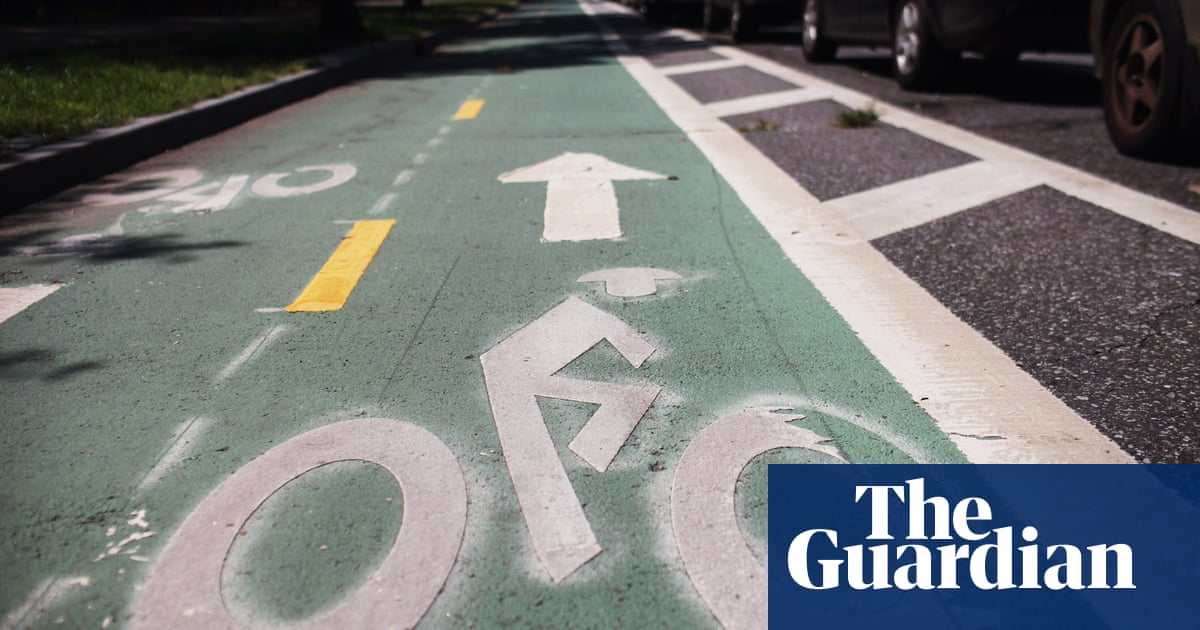- cross-posted to:
- apple@lemmy.ml
- cross-posted to:
- apple@lemmy.ml
Archived version: https://archive.ph/hguLn
Excerpt (and context):
Apple Maps’ offering might surprise people who remember its disastrous launch in 2012, which the Guardian described as the company’s “first significant failure in years”. Users were more than furious – they were lost, sometimes dangerously so. In Australia, police had to rescue tourists from the huge Murray-Sunset national park, after Maps placed the city of Mildura in the wrong place by more than 40 miles. Some of the motorists located by police had been stranded for 24 hours without food or water. In Ireland, ministers had to complain directly to Apple after a cafe and gardens called “Airfield” was designated by the service as an actual airport.
But mostly the map was just glitchy and unhelpful, its directions always a little off kilter. Users revolted and Apple made a rare retreat, allowing Google Maps to be used as the default on many iPhone apps and apologizing for the product.



I was on vacation recently and Apple Maps gave a weirdly circuitous route from our hotel to a restaurant. I checked Google Maps and it showed the direct route I expected, so I went with that.
Google Maps routed me on to a street that was closed due to construction, Apple Maps was smart enough to route around the construction.
I expect general parity between Apple and Google Maps, I had not expected Apple to have better data.
Something like that is usually because of users reporting the road being closed, not Apple or Google actively doing something better than the other
Totally anecdotal, but I’ve reported a couple of non-existant roads to Google. I occasionally check because I’m curious if they ever updated them, but Google still tells me to drive through a walking path and walk through a fenced off private property. It’s been years at this point. I don’t have an iPhone so I don’t have any experience with Apple maps, but maybe they’re better at taking user reports into account?